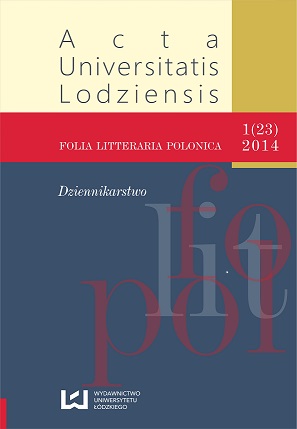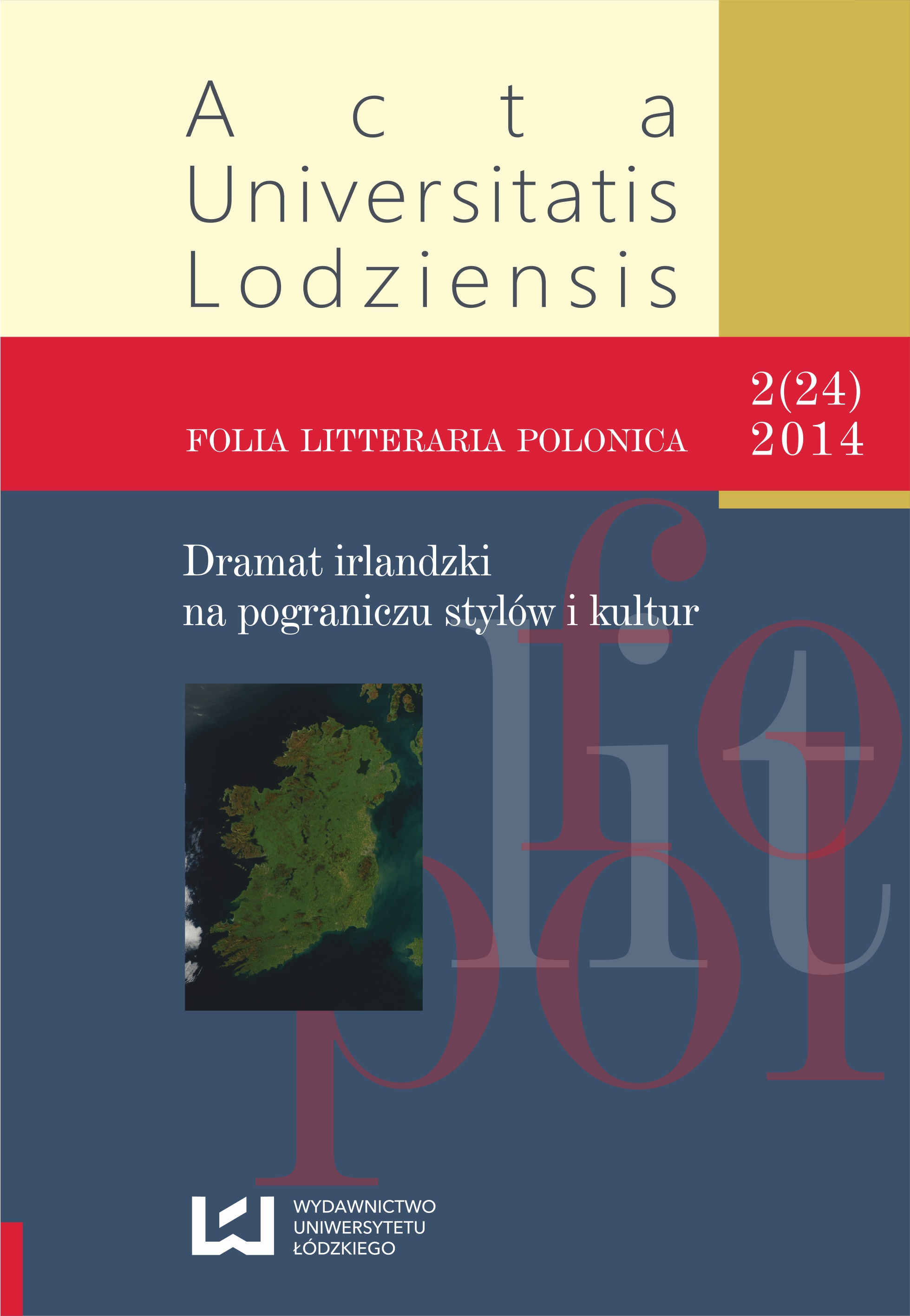
Notes on plans for a monastery of culture based on research on artistic radio communication
Przyczynek do planu klasztoru kultury na podstawie badań radiowych przekazów artystycznych
Keywords: radio studies; culture; anthropology; technology; listeners
The title of this article treats the monastery as a cultural figure. Part of a monastery complex’s overall design plans are sketches of small chambers, corresponding to artistic radio works. In beginning of the article, I sketch out the scope of my research, discuss its main points, and review my basic assumptions in this radio studies topic area, which arose from an examination of artistic radio communication. Following my conviction that this scientific discipline requires a broad interdisciplinary background, the first part of the article consists of research in artistic radio studies and on culture through a newly defined humanities. The second part of the article covers the basic elements that should be included in this sub-discipline. All of these (to the extent possible in the case of this medium) are shown over a long-term horizon; I focus on explaining the following questions and issues: how should we attempt to answer questions about the status of the audience (e.g. whether radio listeners can be seen as a cultural group); what insights can be gained into the development of technology and its influence on artistic radio works, as well as the continuous increase in the potential of the “acoustic kitchen”, which is important for broadcasters. I also try to demonstrate the impact of artistic radio-communications on changes in culture as a whole.
More...
